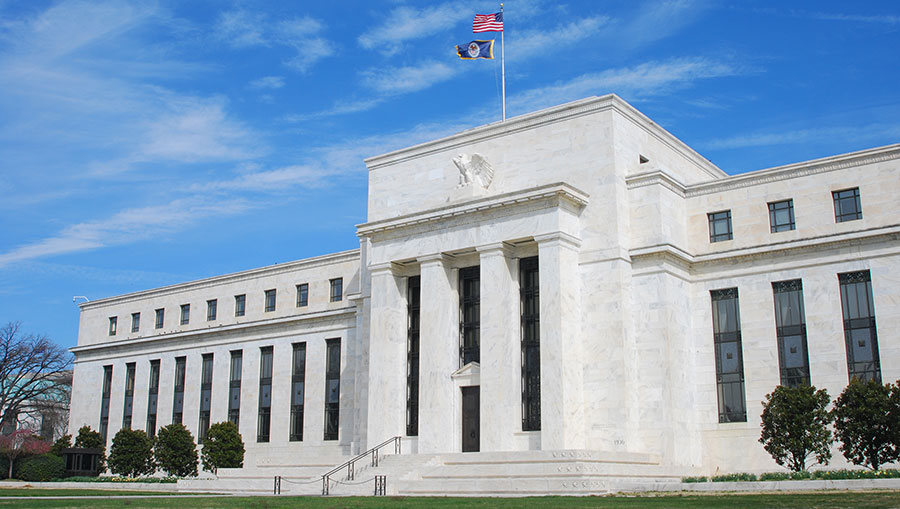Personal Wealth Management / Market Analysis
UK October GDP Fires Up the British Election Machine
Political discourse is seeping into economic commentary.
UK GDP fell in October, and in our view, the main takeaway for investors has little to do with economic fundamentals. Sure, we will talk about the amped-up recession chatter, but at this point, the r-word is so widely discussed that it is highly unlikely to be sneaking up on UK stocks, which are having a rather disappointing year relative to world stocks’ steep rise. But after reading all the GDP coverage, one thing seems clear: We have entered the pre-election phase where every economic release gets filtered through a political lens, which speaks to the elevated political uncertainty at play—and the need for investors to apply some special filters to economic news.
First, the numbers. Monthly GDP fell -0.3% m/m, with manufacturing down -1.1% and services slipping -0.2%.[i] Businesses pinned some of the weakness on the wet weather, while film production was a major driver of services’ weakness. Consumer-facing services were mixed, with the -0.1% growth rate masking a positive month for retail and a lousy one for the catch-all “other personal services,” which fell -2.3%.[ii] The general consensus among economic analyst-types is a UK recession is now more likely since Q4 got off to a bad start and GDP was flat in Q3. Perhaps. But UK monthly GDP is also pretty bouncy, and larger drops throughout 2023 didn’t bring quarterly GDP declines. Hence, we think extrapolating a recession from October’s decline is a leap. Moreover, even if one does arrive, it has starred in many forecasts for a very long time, and UK stocks have spent most of this year in a slow-moving, choppy correction (in pounds and price terms). Some of that has to do with Financials’ and Energy’s tough year, given the two value categories’ heavy weights in UK markets. But it wouldn’t surprise us if economic doldrums also played a role, increasing the likelihood any mild contraction from here is priced in to a very large degree.
Even if monthly GDP turns up in November or December, we doubt the conversation will get rosier. If anything, it will get noisier, because the coverage is increasingly politicized. With Prime Minister Rishi Sunak’s government once again looking shaky due to internal divisions—and Labour still riding high in the polls—we are now at the point where the election could get scheduled at any time. As a result, politicians on both sides are seizing on every economic data point to advance their agenda, and headlines are dutifully heading in that direction as well. Most coverage of the GDP report cast it as evidence Sunak could fail to deliver on his pledge to grow the UK economy this year, and articles were full of politicians debating this point. The Conservatives, predictably, said their growth agenda would work if only the Bank of England hadn’t pushed rates so high. Labour, predictably, said the Conservatives have failed economically. Right- and left-leaning outlets emphasized one or the other, depending on their viewpoints, as you would expect. Some outlets even hyped the UK’s tiny tax cuts from last month’s budget as big stimulus yet to reach the economy.
This is just one example of what we will probably see in the run-up to the vote, and in our view, it is all noise. Governments have a whole lot less influence on the economic growth rate than headlines suggest. You can’t tweak a tax allowance here and a regulation there and expect growth to surge or stall on that alone—the UK economy is too diverse for that. Politicians on both sides will claim their policy agendas are the magic ticket to lift the UK economy out of its slow-growth stretch—and that the other side’s policies will be a poisoned chalice—but this is because they are in the business of hype and hollow promises. In reality, with little visible daylight between Conservative and Labour economic policies at this point, it probably matters less who is writing the bills and more that businesses can have confidence the rules won’t be shifting sand.
So as you peruse coverage of the UK’s economy in 2024, keep this in mind. Heck, keep it in mind for US data, too, with a similar phenomenon brewing here as the presidential campaign heats up. Take note of politicians’ soundbites and pause to consider what their motivations and biases are. Expect the incumbents to talk things up as much as possible and the challengers to talk things down. Presume neither side is giving you the straight, unvarnished, factual scoop that will properly inform your investing decisions, and tune down your own biases.
If you would like to contact the editors responsible for this article, please message MarketMinder directly.
*The content contained in this article represents only the opinions and viewpoints of the Fisher Investments editorial staff.
Get a weekly roundup of our market insights
Sign up for our weekly e-mail newsletter.

You Imagine Your Future. We Help You Get There.
Are you ready to start your journey to a better financial future?

Where Might the Market Go Next?
Confidently tackle the market’s ups and downs with independent research and analysis that tells you where we think stocks are headed—and why.





